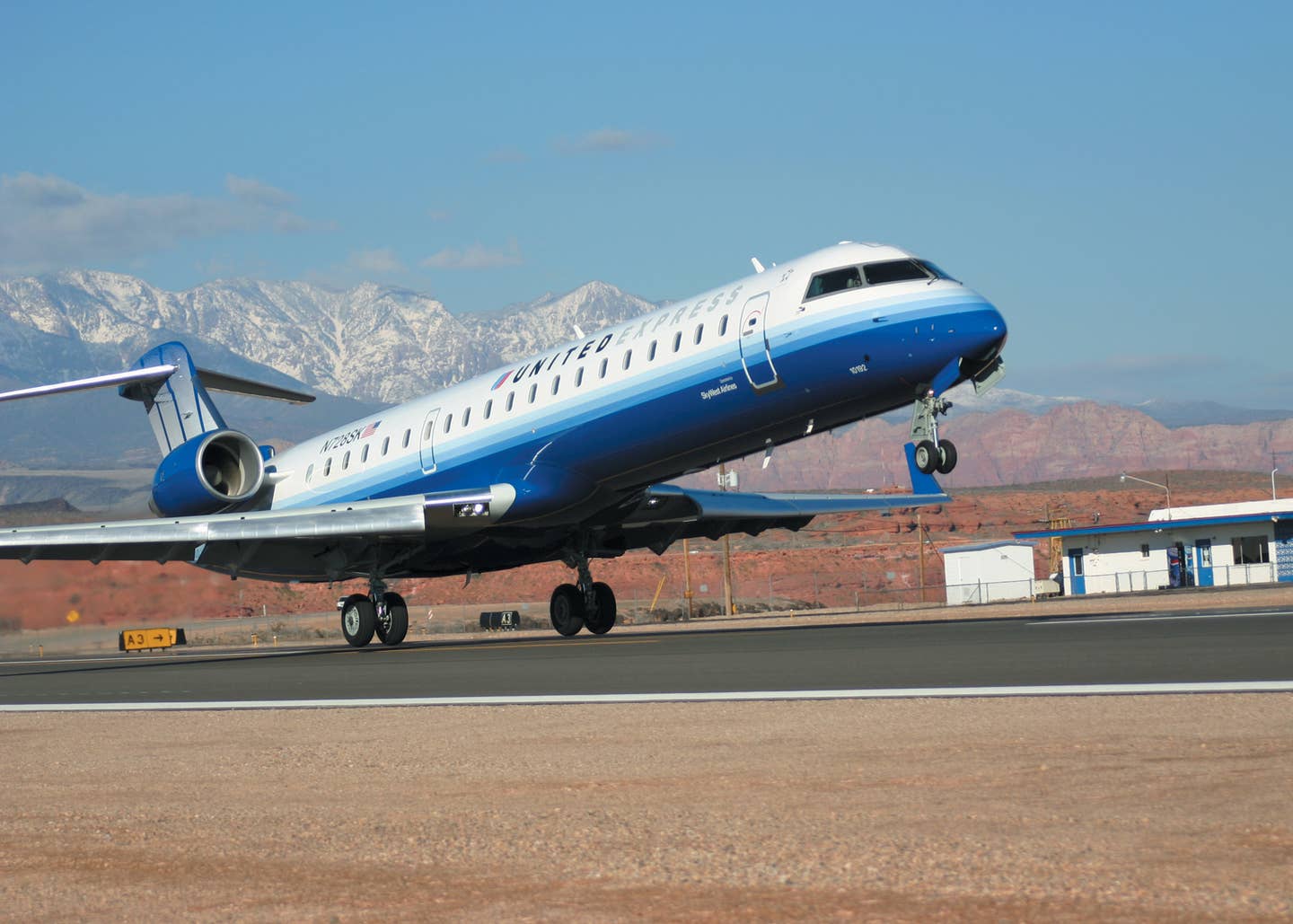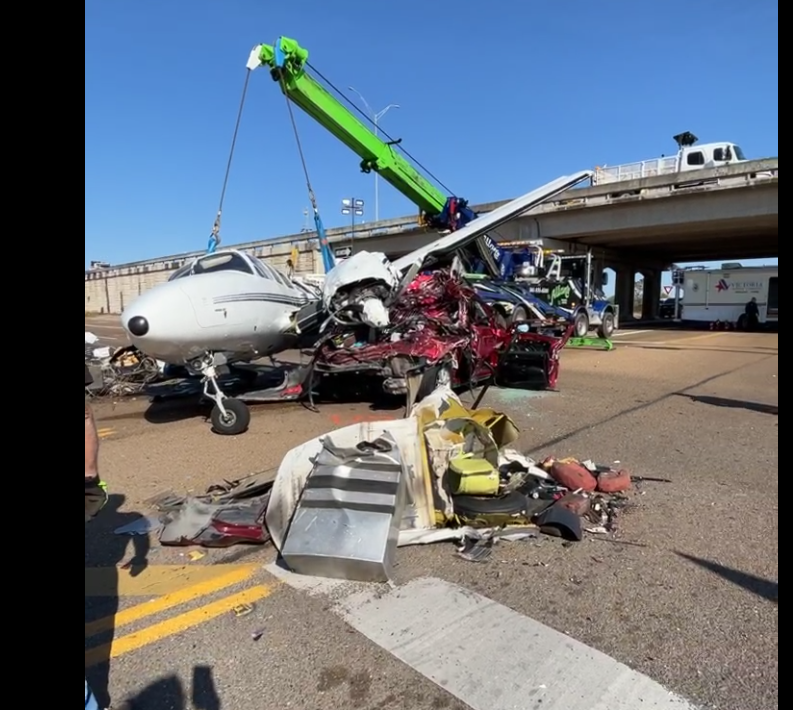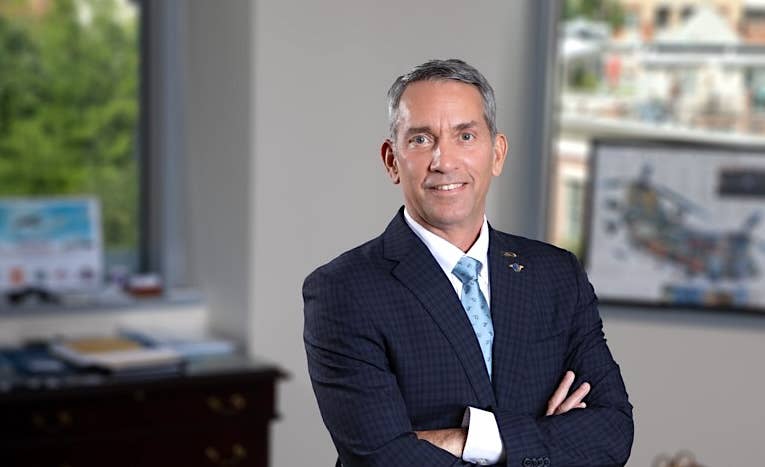Senate Proposes Additional Airline Aid
With the CARES Act due to expire at the end of this month, airlines are preparing to reduce staffing levels to meet current demand. Under the terms of the aid…

Image: Bombardier
With the CARES Act due to expire at the end of this month, airlines are preparing to reduce staffing levels to meet current demand. Under the terms of the aid package, the airlines could not force involuntary reductions in force, though all of them have stepped up early retirements and other separation efforts. This week, senators Roger Wicker, R-Miss., and Susan Collins, R-Maine, introduced the Air Carrier Worker Support Extension Act of 2020, a bill that would provide an additional $28 billion to the airline industry and last through March 31, 2021.
“The CARES Act successfully saved thousands of jobs that support the airline industry and provided these businesses with some breathing space after the drastic drop in air travel caused by the COVID-19 pandemic,” said Wicker. “However, the market has not turned around as much as we had hoped, and additional relief is needed to prevent more than 60,000 aviation sector employees from losing their jobs beginning October 1. This legislation would extend the critical Payroll Support Program to provide support for passenger air carriers, cargo air carriers, and aviation contractors. It would also preserve our nationwide service by requiring airlines to maintain routes as a condition for receiving assistance. Maintaining a strong national air transportation system is critical for today’s economy and the continued recovery.”
“The pandemic has had a devastating toll on the aviation industry, putting many American jobs at risk. The Payroll Support Program that was included in the CARES Act saved over 700,000 of these jobs. Our legislation to extend this lifeline would help frontline employees to continue to receive a paycheck and require airlines to maintain flights to every community they serve,” said Collins. “As the Chairman of the Transportation Appropriations Subcommittee, I am committed to ensuring that all facets of our transportation network, including buses, motorcoaches, passenger ferries, and public transportation, have the resources they need to survive the current economic crisis.”
The bill would require $11 billion in new appropriations with $17.4 billion coming from unused portions of the existing CARES Act funding. Wicker is the chairman of the Committee on Commerce, Science, and Transportation; Collins is the chairman of the Appropriations Subcommittee on Transportation, Housing and Urban Development, and Related Agencies.






